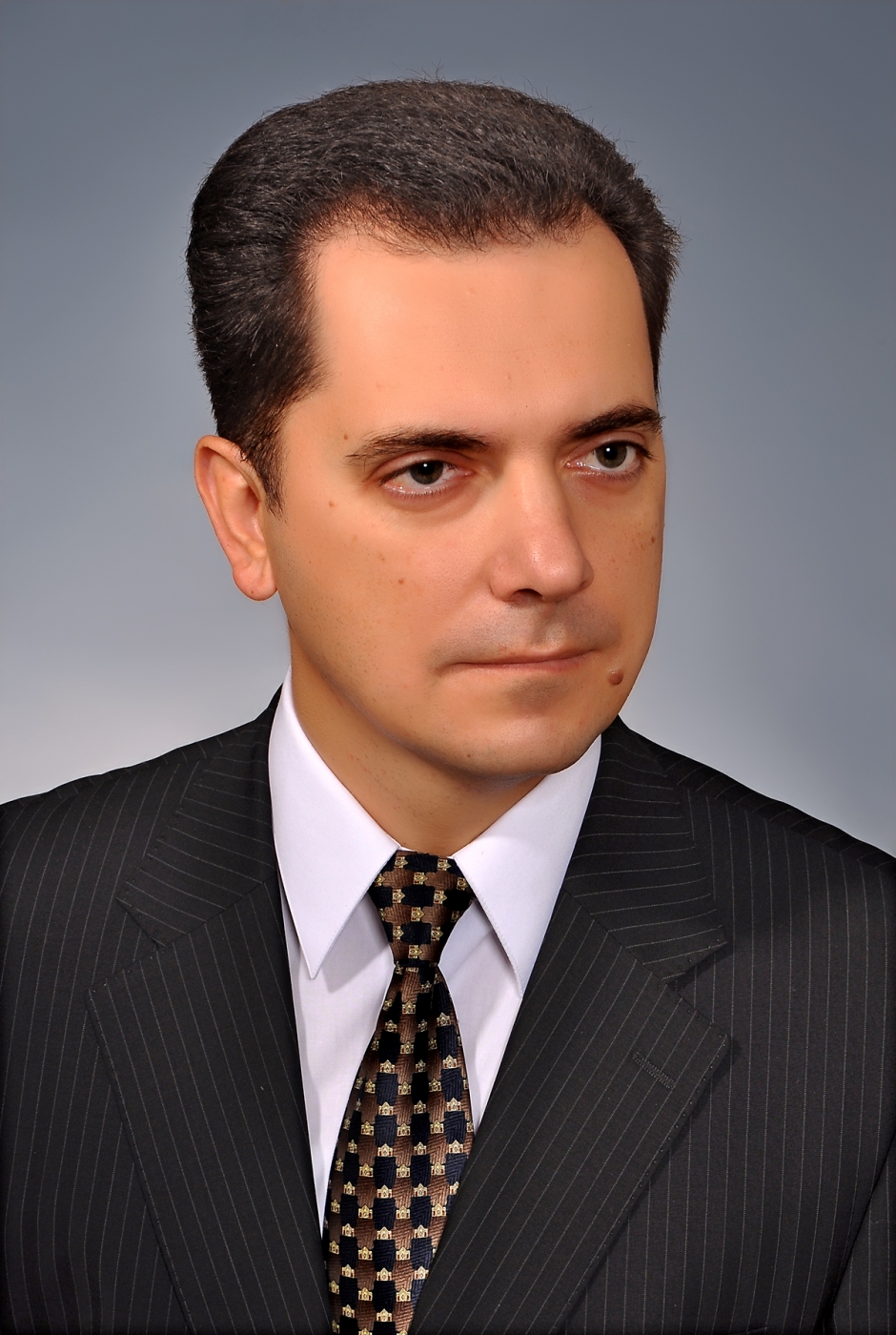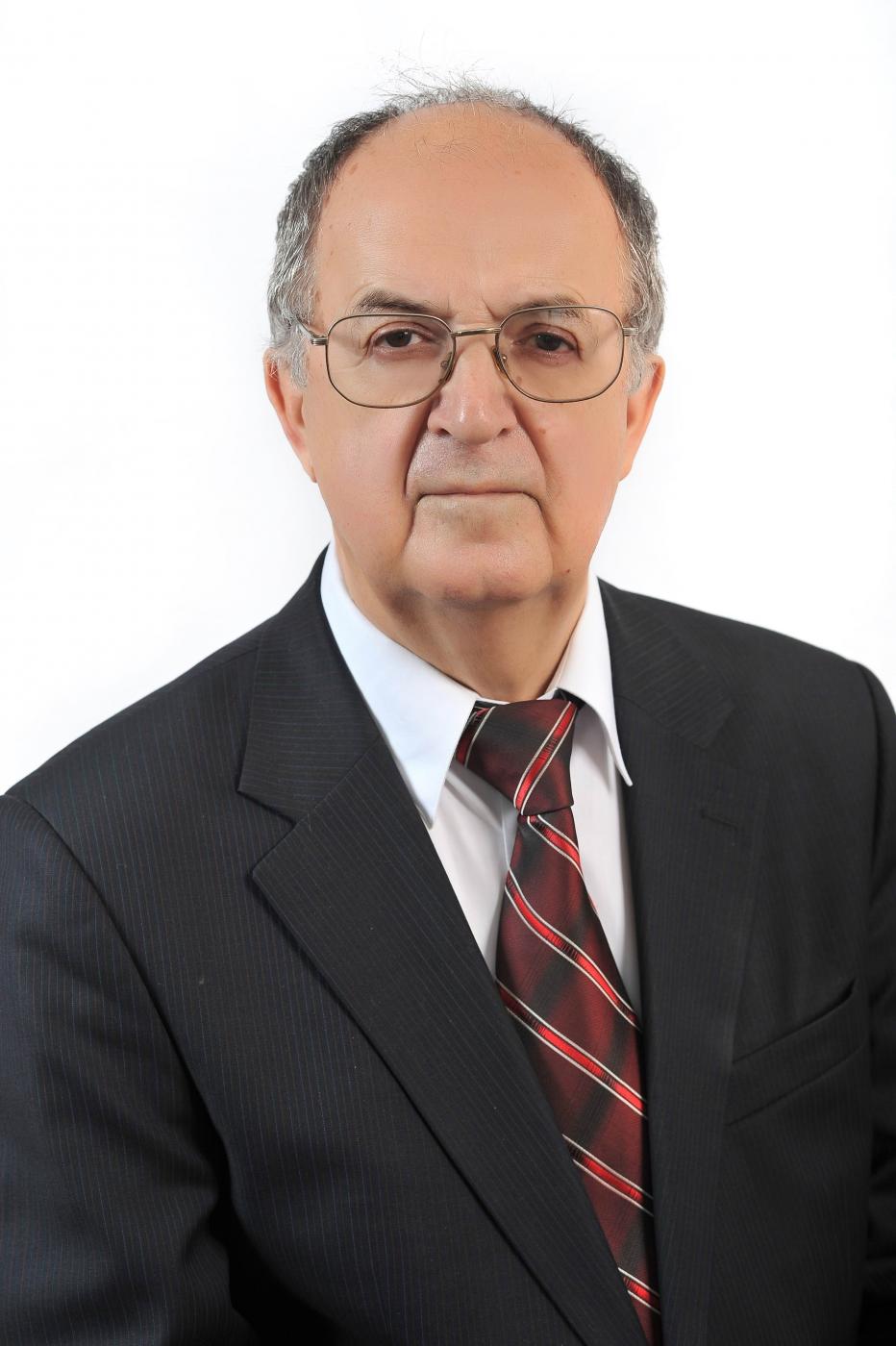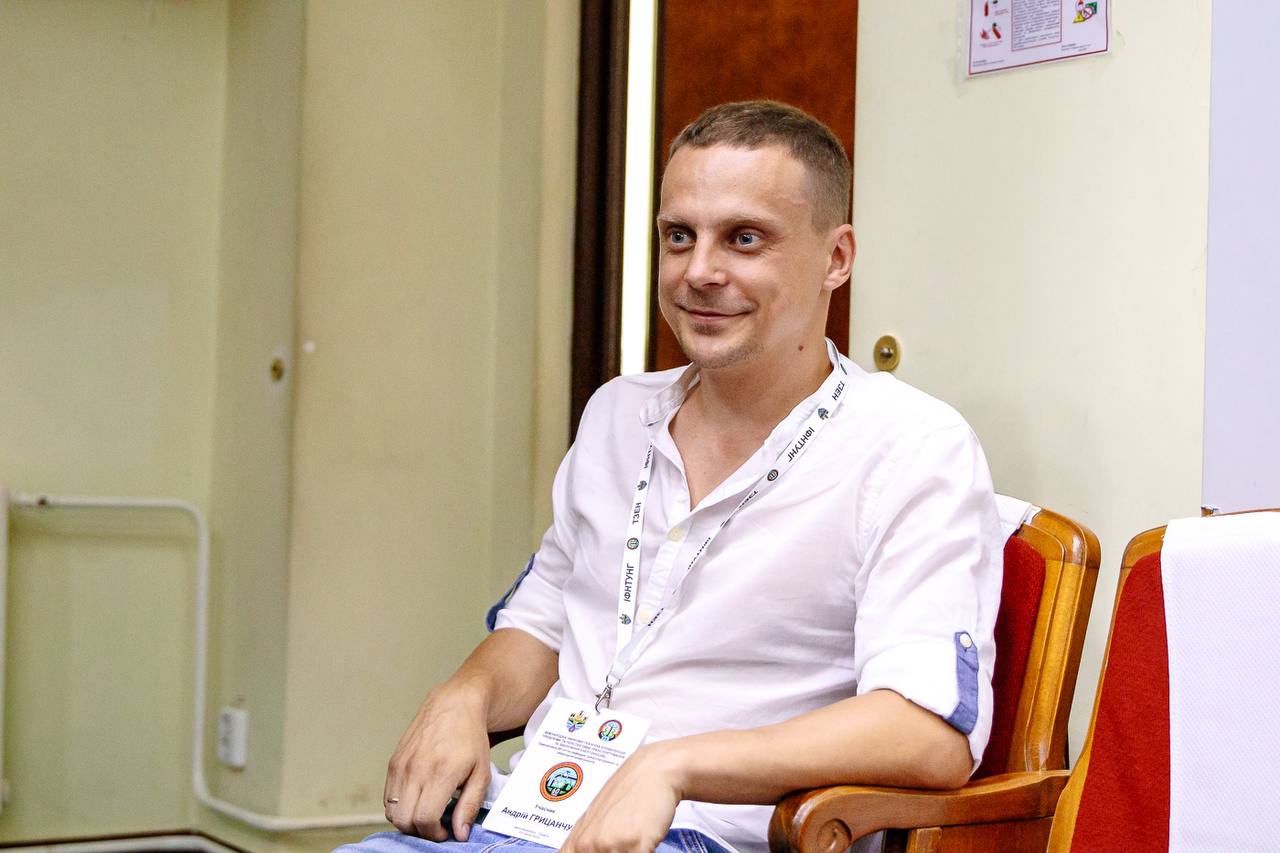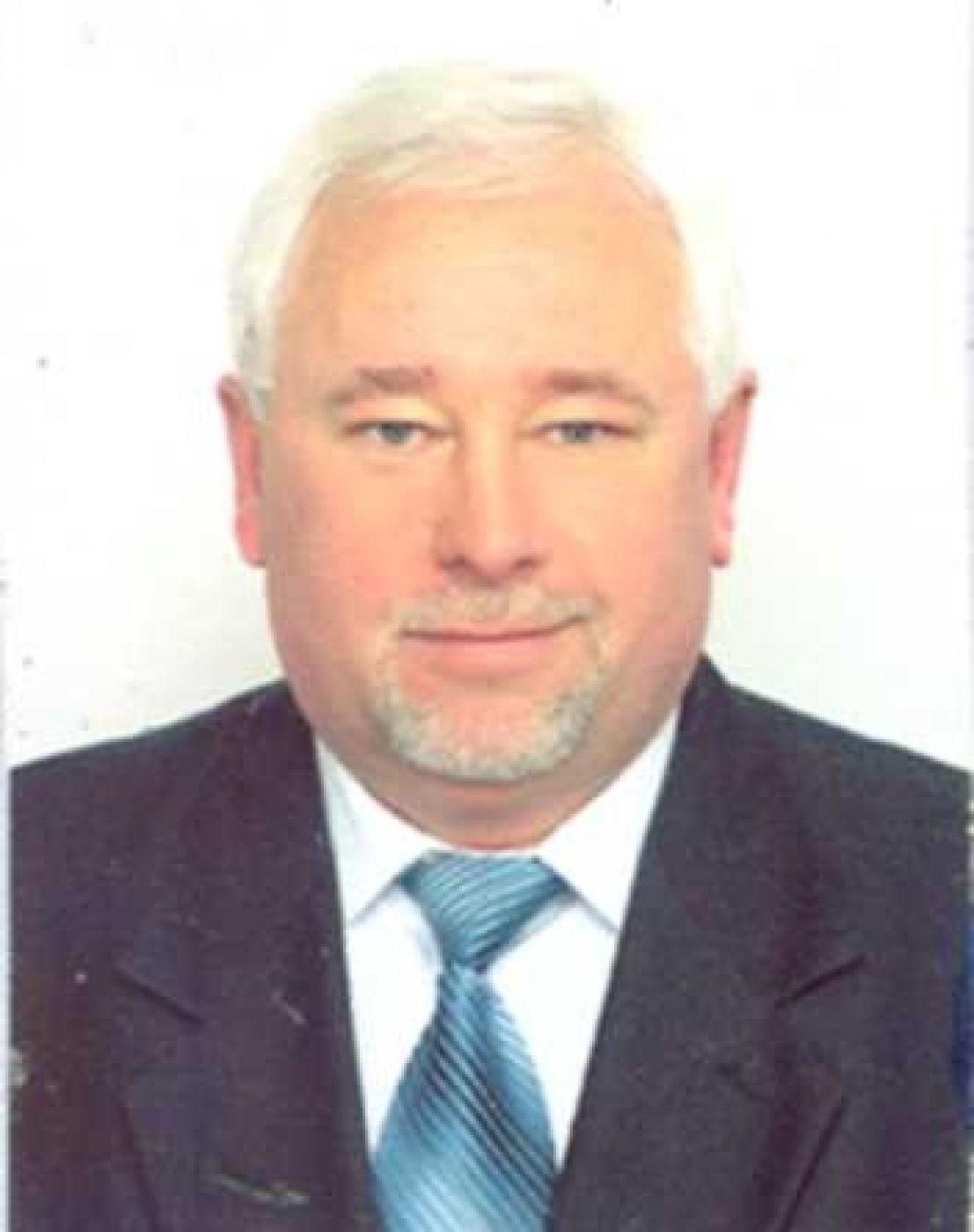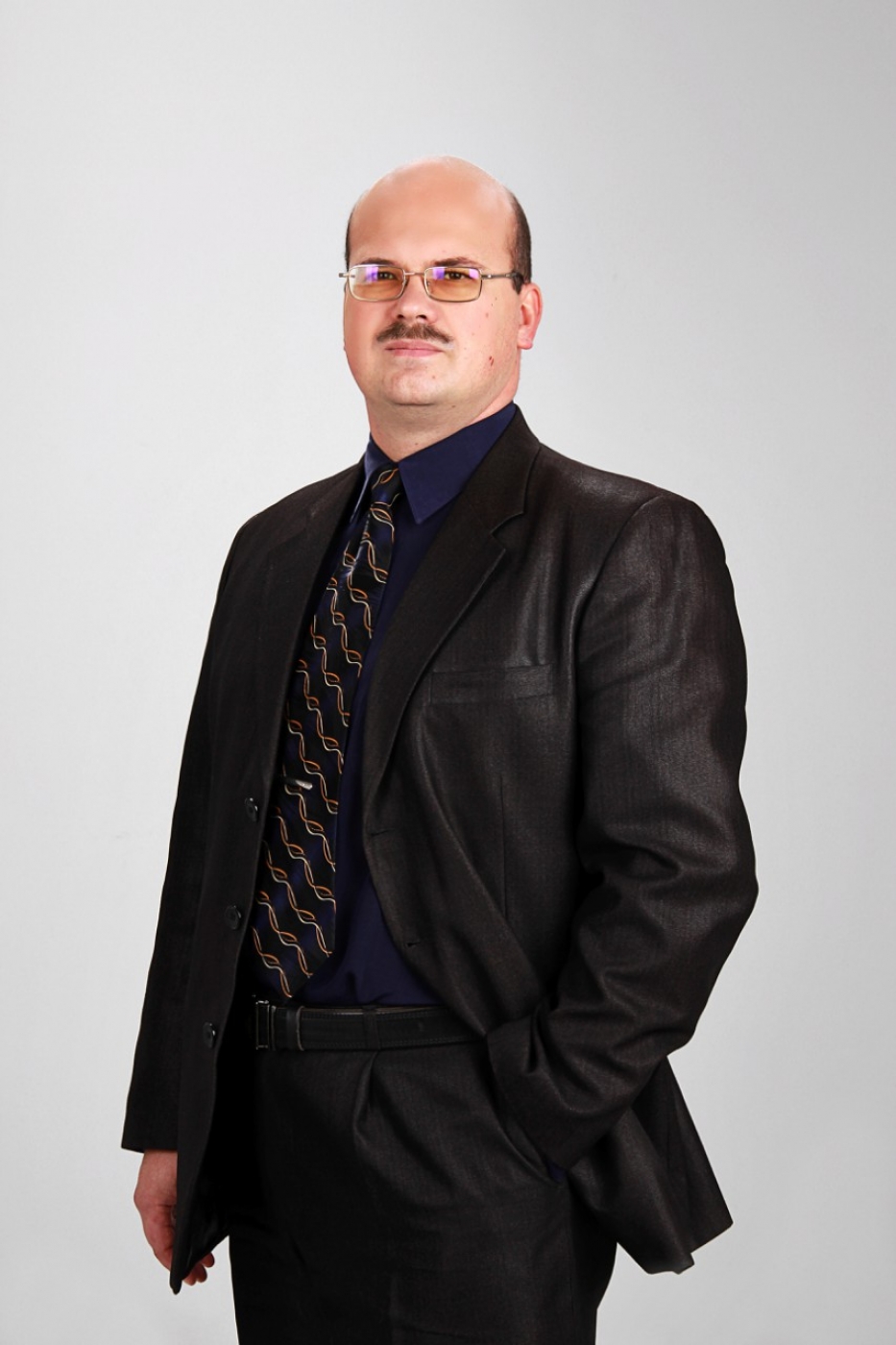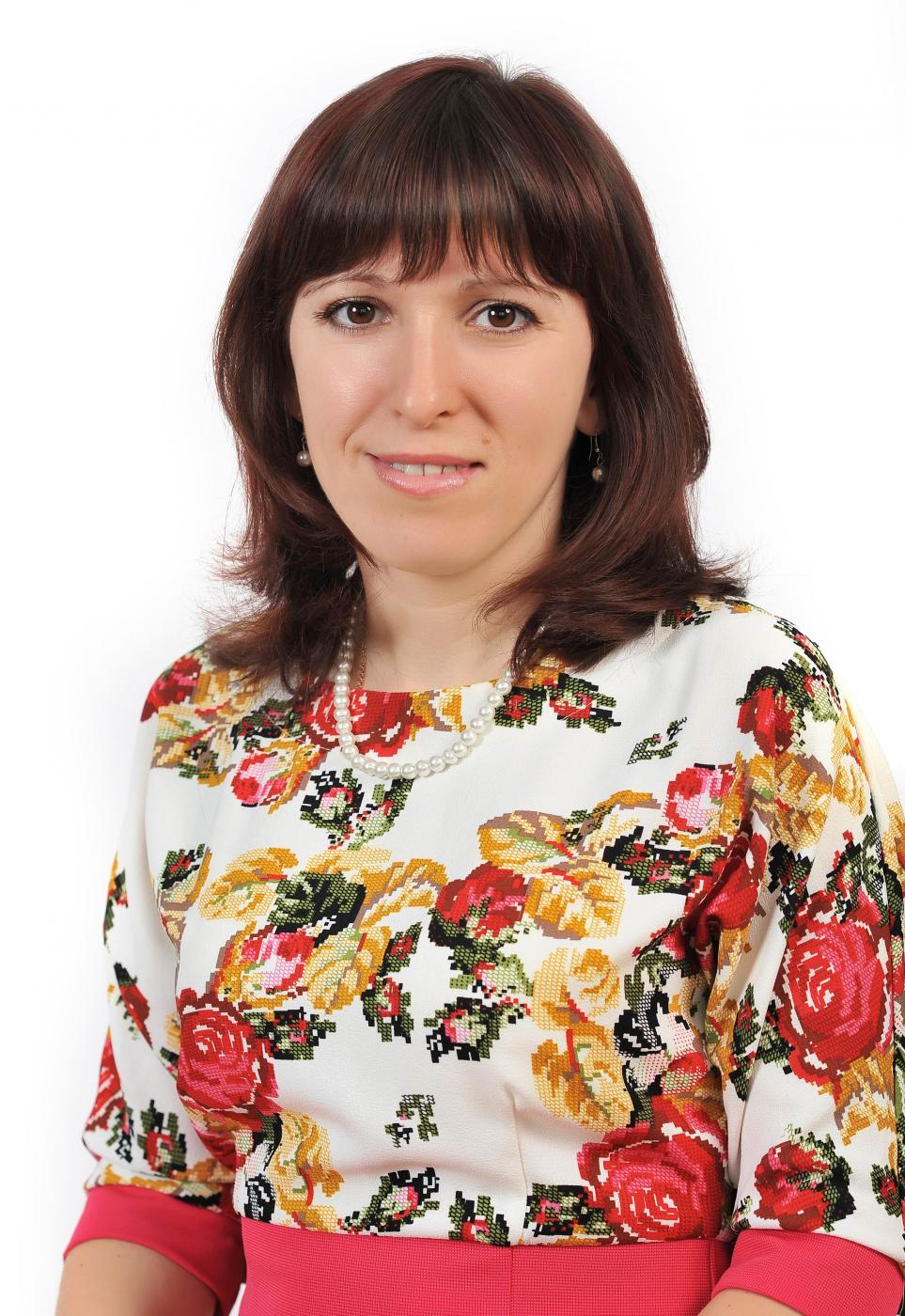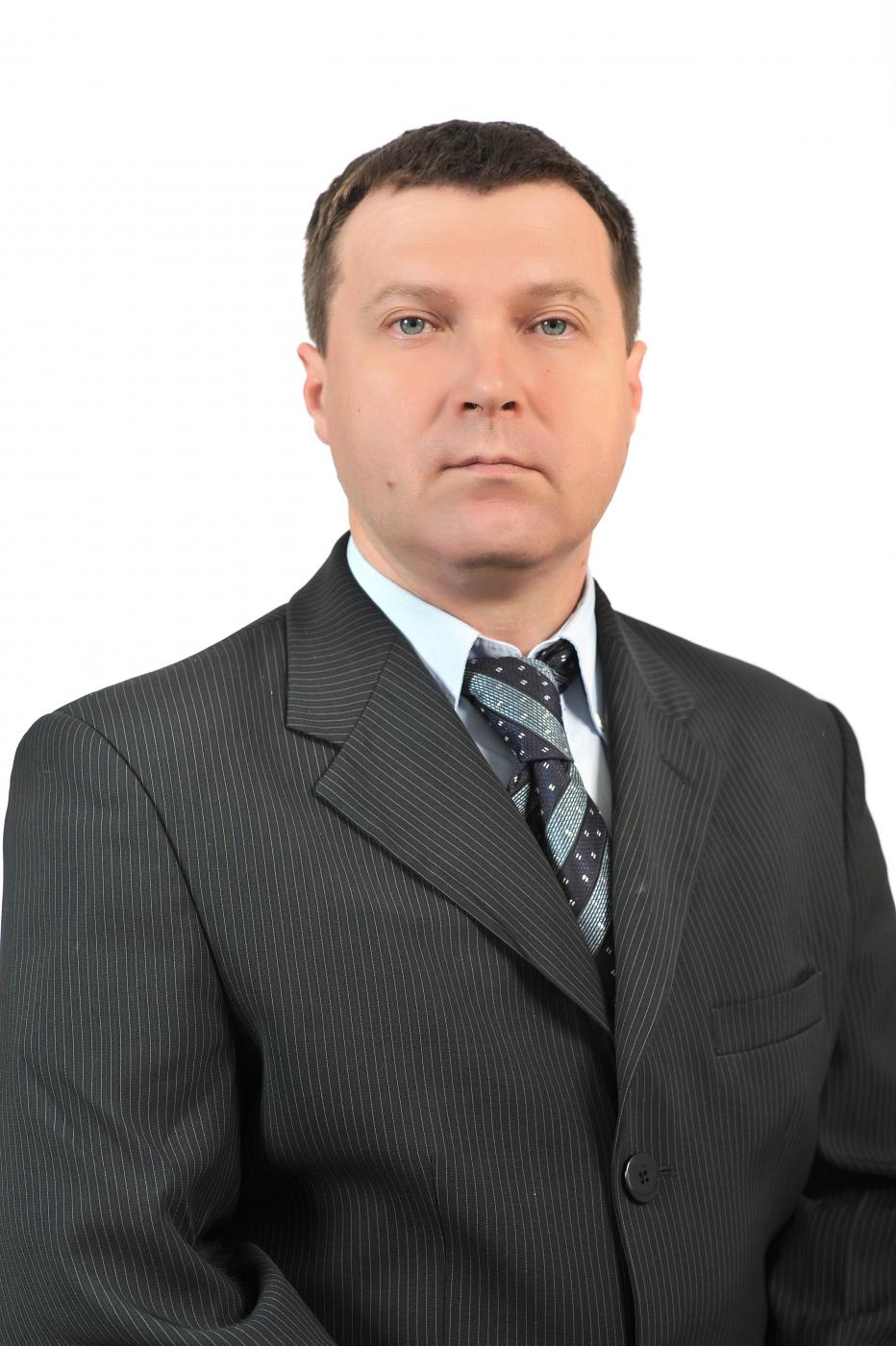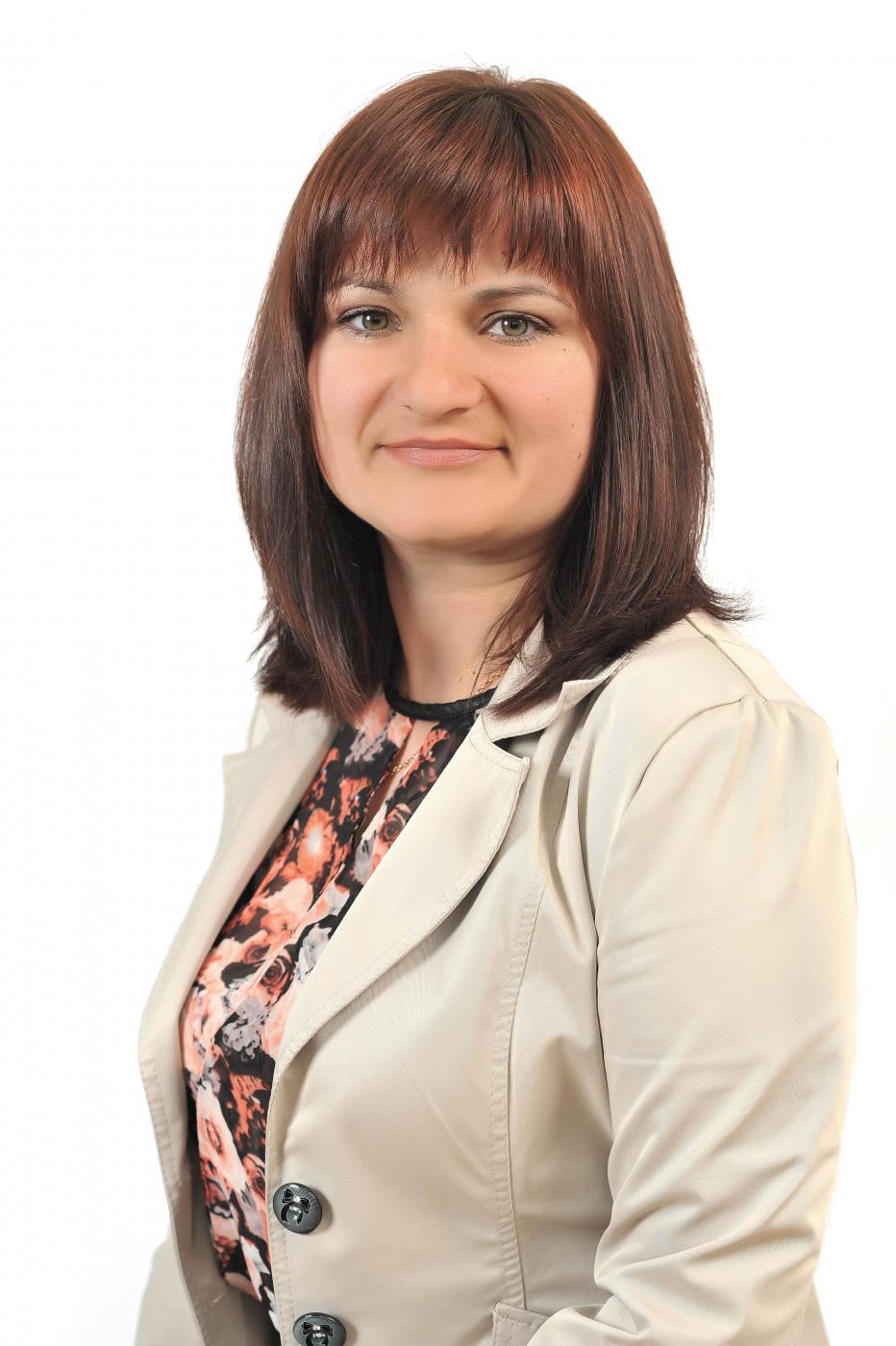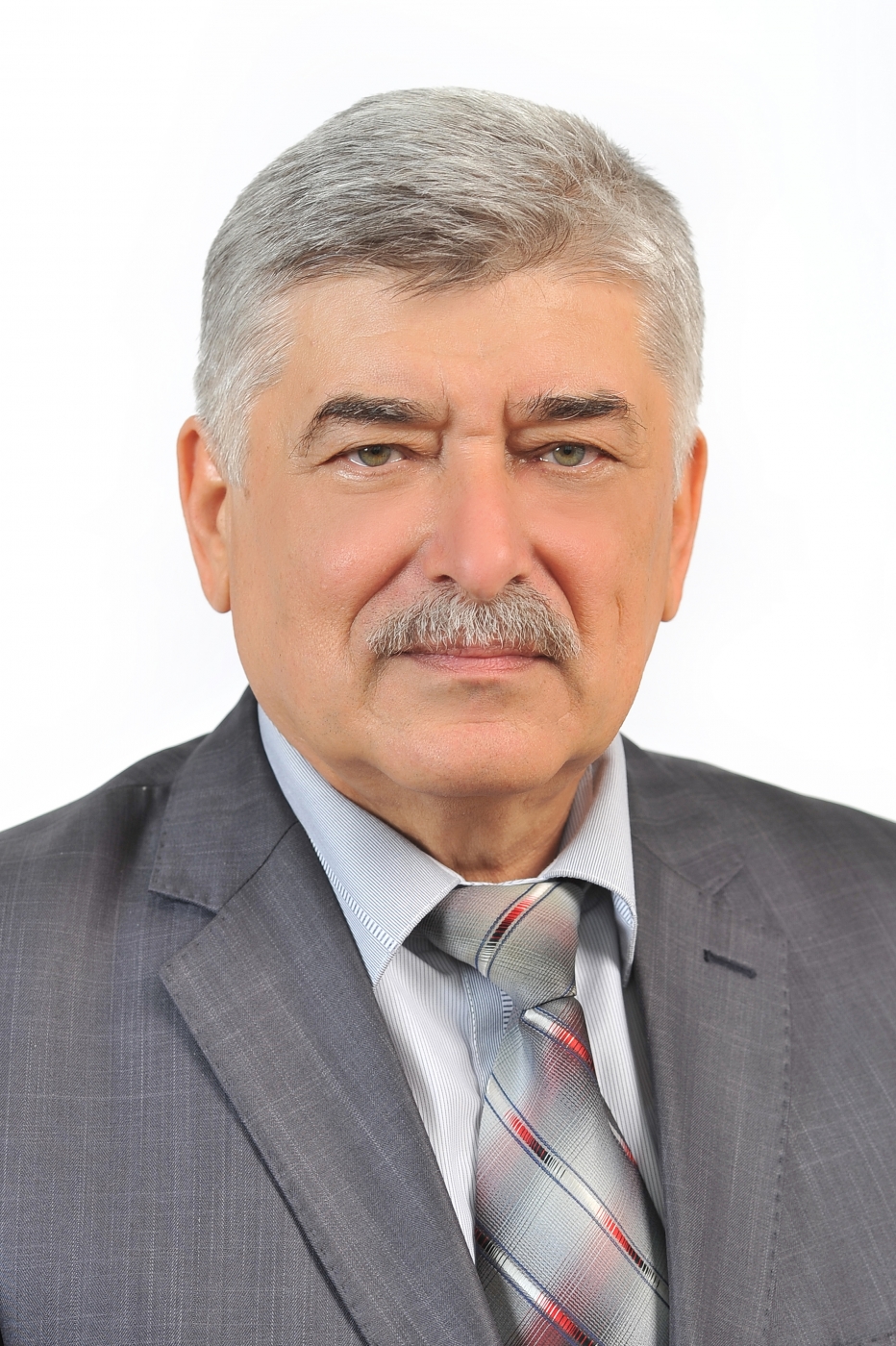Liliia MATIISHYN
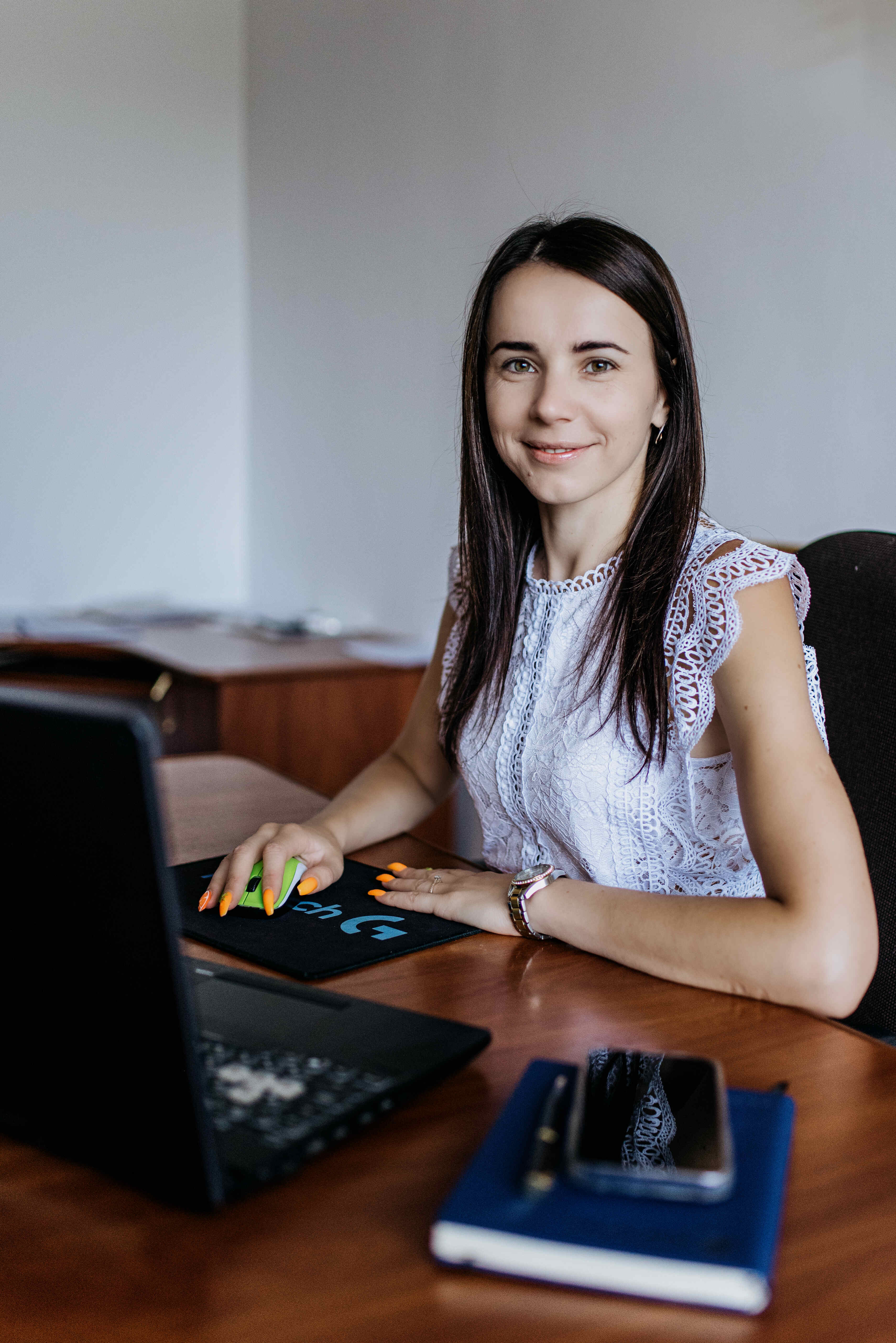
In 2012, she graduated from IFNTUOG with a degree in Oil and Gas Production and received a master's degree with honors.
In 2012-2014 she worked as an assistant at the Department of Oil and Gas Field Development and Operation.
In 2014-2019 (including 2 years on maternity leave) she studied in full-time postgraduate studies in the specialty 05.15.06 - Development of oil and gas fields and worked part-time as an assistant at the department.
In 2019, she successfully defended her PhD thesis under the supervision of UNGA Academician, Doctor of Technical Sciences, Professor R.M. Kondrat and received a PhD degree (equivalent to a Doctor of Philosophy degree) and since April 2020 has been working as an Associate Professor of the Department of Oil and Gas Production. In July 2021, she received a certificate of associate professor of the Department of Oil and Gas Production.
In 2022, she was awarded a scholarship of the Cabinet of Ministers of Ukraine for her achievements in scientific activity as a young scientist.
He is the author of more than 100 scientific publications (including those indexed in the scientometric database) and has published 7 educational and methodological developments.
INTERNSHIP:
JSC “Ukrgasvydobuvannya”, branch of the Ukrainian Research Institute of Natural Gases (UkrNDIGas) from 04.07.2022 to 30.09.2022 in the amount of 180 hours (6 credits). Topic: “Improvement of professional training by deepening professional knowledge, skills and competencies of mastering modern 3D modeling programs”. Certificate No. 48-48-1-3516 dated 09/30/2022.
2. Certificate of completion. №ЕМ304396097820555406466. AUTOCAD ESSENTIALS (METRIC UNITS) COURSE TITLE. 29.05.2024. 17-24 hours.
Designing the operation of gas and gas condensate wells.
Development and operation of gas and condensing gas deposits
Underground hydrogas mechanics
The use of software products in the design of development and operation of gas fields
The main areas of scientific activity are increasing gas extraction from depleted deposits by displacing residual natural gas with non-hydrocarbon gases.
Ivano-Frankivsk National Technical University of Oil and Gas
Petroleum production
Oleksii Udovchenko, Jacek Blicharski, Liliia Matiishyn. A case study of gas-condensate reservoir performance with gas cycling. Arch. Min. Sci. 69 (2024), 1, 25-49. doi.org/10.24425/ams.2024.149825
S.V. Matkivskyi, O.V. Burachok, L.I. Matiishyn. Evaluation of the gas recycling duration on the hydrocarbon recovery from gas condensate fields. / Archives of Materials Science and Engineering 2022; 117 (2). Рр. 57-69.
Kondrat R. Improving the efficiency of production wells at the final stage of gas field development / Roman Kondrat, Liliya Matiishyn // Min. miner. depos. 2022, 16(2):1-6.
Matkivskyi Serhii, Matiishyn Liliya. Impact of the degree of depletion of the gas condensate field on the efficiency of reservoir pressure maintenance technologies / The 3th International scientific and practical conference “Theoretical aspects of education development” (January 24 - 27, 2023) Warsaw, Poland. International Science Group. 2023. 569 p. Рр. 494-497.
Khaidarova L., Matkivskyi S. Investigation of the technological estimation of the degree reduction of the filtration resistance coefficients of water-cut gas wells. The XIII International scientific-practical conference “Social function of science, teaching and learning”, December 14 – 17, 2020, Bordeaux, France. P. 483-487.
Head of department of petroleum production
(PhD)
Associate Professor
e-mail: liliia.matiishyn@nung.edu.ua, lilya.matiishun@gmail.com




